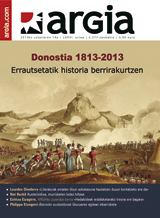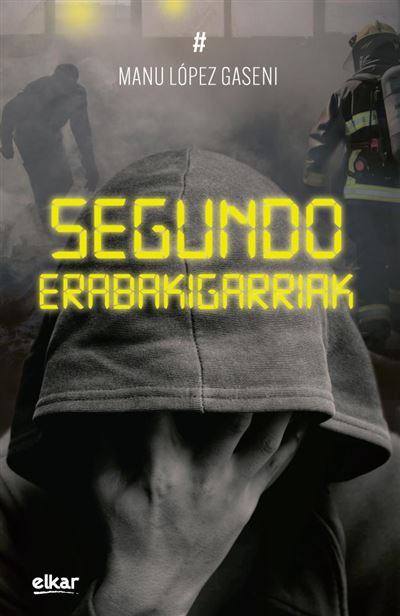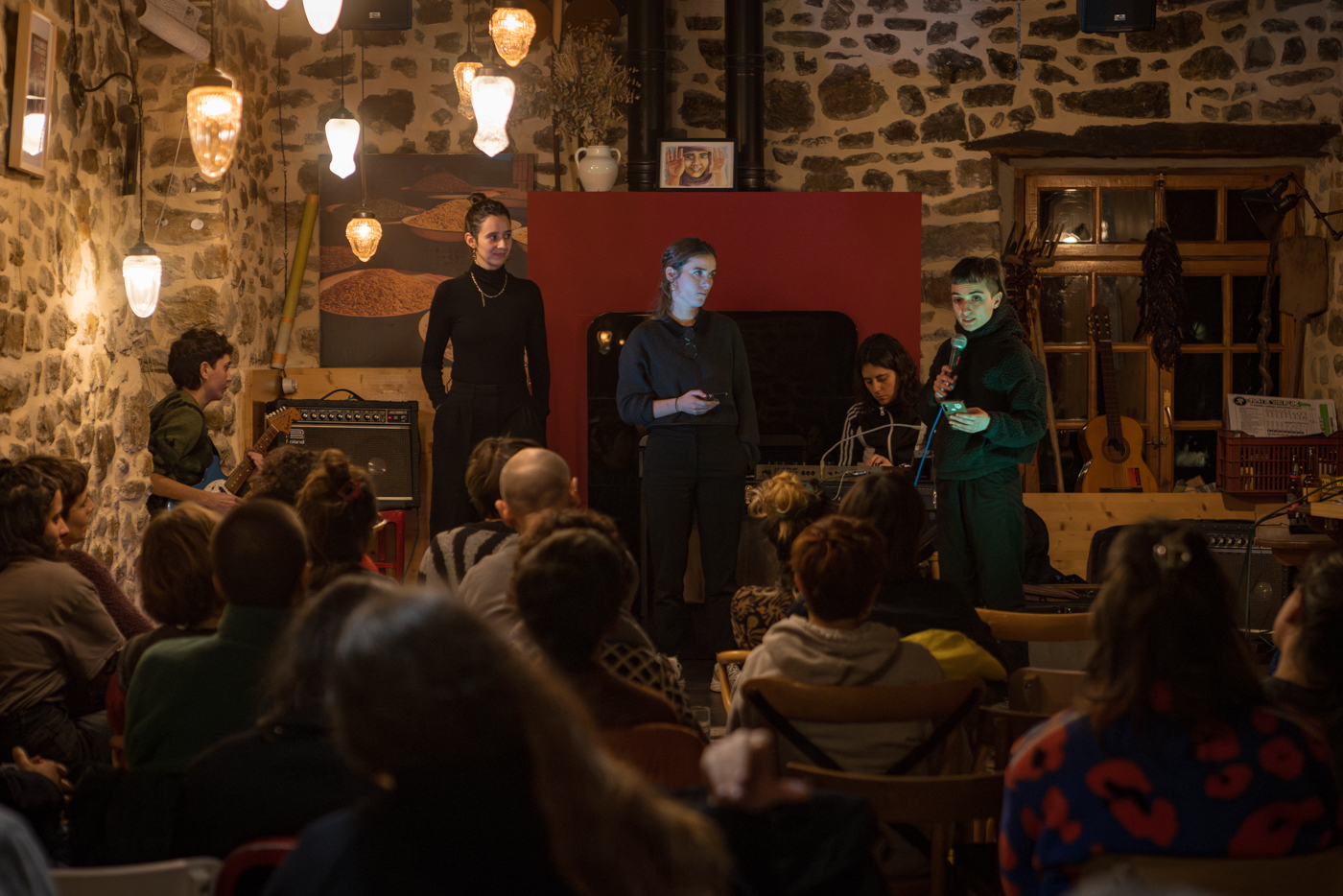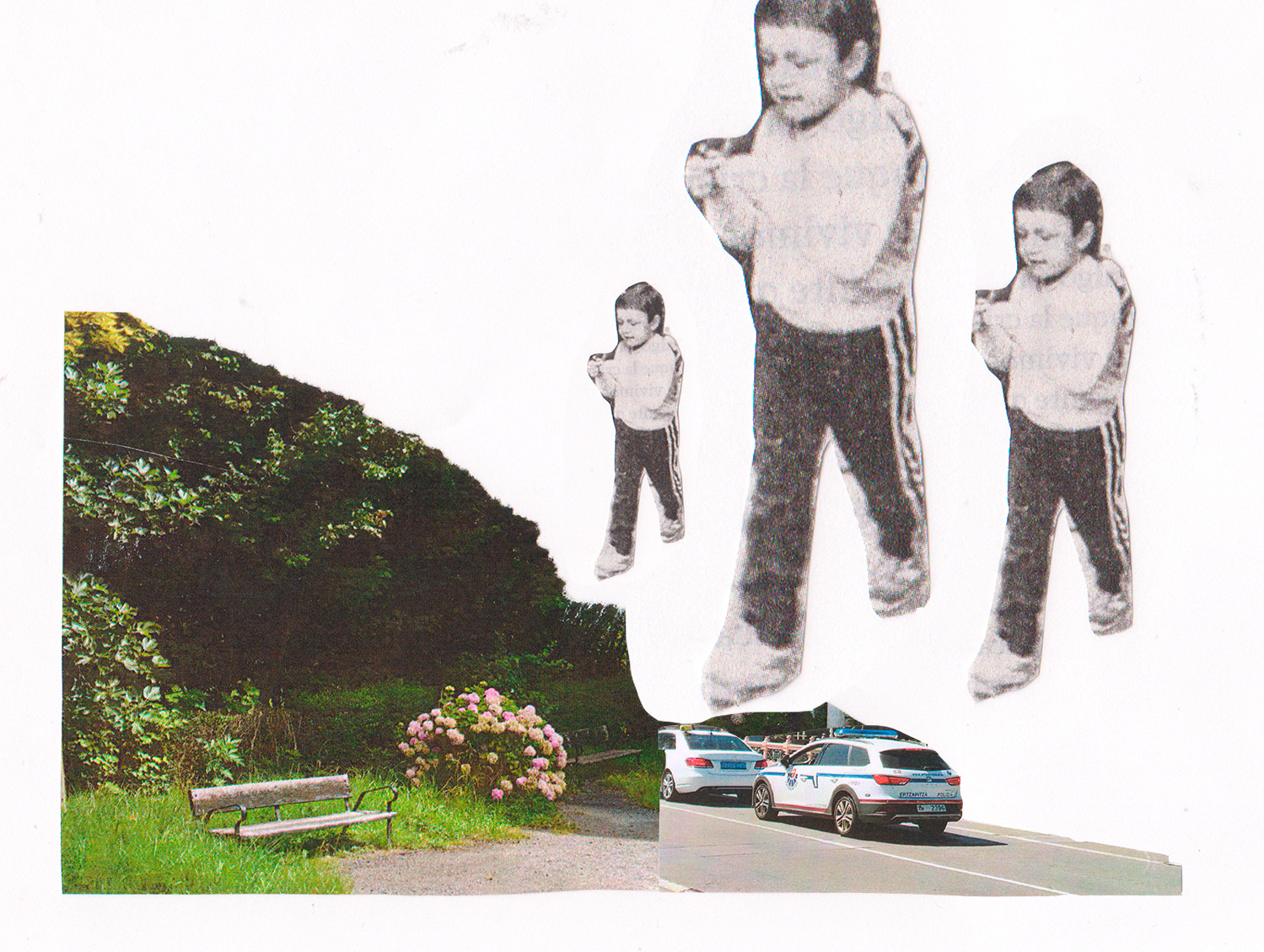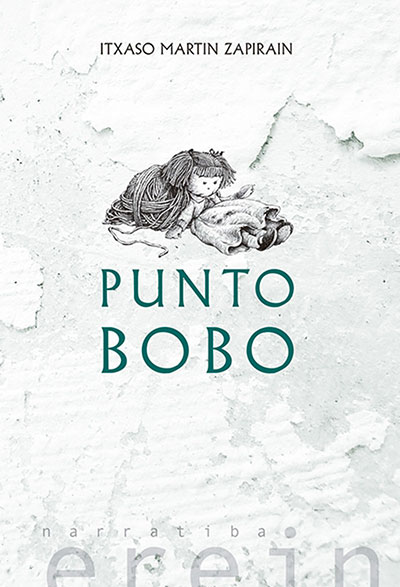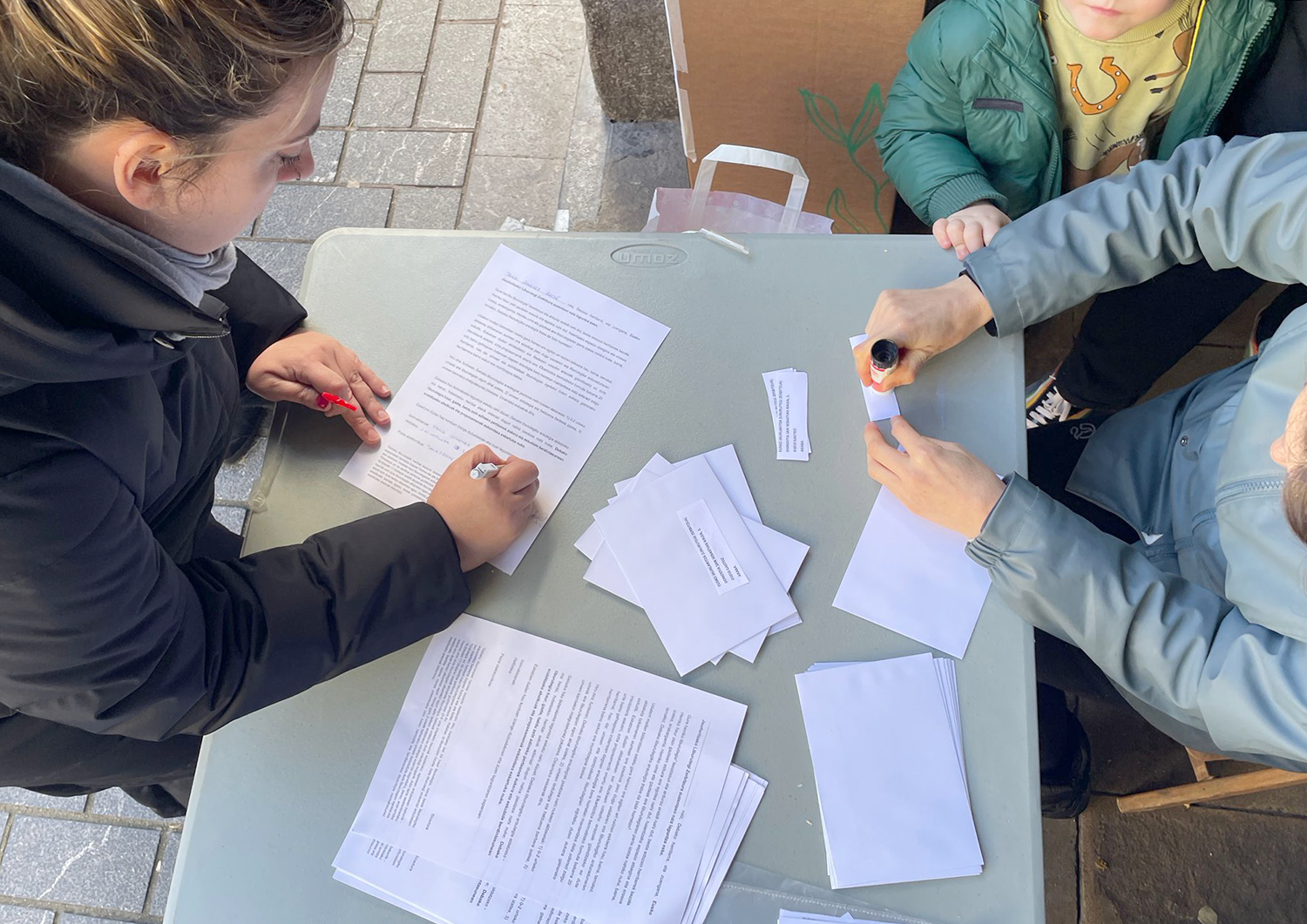Bilduma izatera iritsi ez zen bildumakia

Euskal Erria, Salvador Espriu
Itzultzailea: Juan San Martin
Egan, 1967
Hilaren hamarrean beteko zituen Salvador Espriuk ehun urte artean bizirik balego. Narratzailea, antzerkigilea, baina batez ere poeta, are Kataluniako poeta nazionala. Ospakizunetan dugu aberri ttikia: Espriu urtea 2013.a, suziri-girlandak dira nagusi, idazleari, idazlearen obrari eginiko gorazarreak. Estaturik gabe baina nazio izanik jokatzearen abantailak.
Gurera, poeta izan da esklusiboki ekarria. Jose Antonio Loidik poema bat, 1965. Koldo Izagirrek eta Gerardo Markuletak gerora, garaikideago. Baina Juan San Martin izan da Espriu gehien euskaratu duena. Haren bi lan garrantzitsu, Sinerako liburua (66) eta Zezen larrua (83-86). San Martinek itzulitako beste lantxo batek, ordea, jartzen du makinaria guztia martxan.
Egan aldizkaria, 1967ko alea. Bertan, hiru poema: “Illargia”, “Karlos Ospetsuaren illobia”, “Aizea”, Espriuk idatziak –lehen-azkenaren tituluak orijinalean euskaraz–, San Martinek itzuliak. Dena hortxe geratuko zen, oso ondo, hiru poematxo, Espriuk hainbeste maite omen zuen Euskal Herriari eskeiniak, hartuko ez bazenitu 68ko obra osoak, aukeratuko ez bazenu Poesia liburukia, irekiko ez bazenu Zatikiak, bertsetak, intentzioak, matizak izeneko atalean. Hara, lau poema, País Basc epigrafepean: “Ilargi”, “La tomba de Carles el Noble”, “Aizea”, gehi 67-08-06ko data daraman “Biar”. Saski-naski bat da atal hori, enkarguz idatziriko poema sortak dira gehienak, baina badira bildumakiak. Euskal Herriari itxuraz idatzi nahi izan zion bildumaren ernamuin horren gisakoak. Bilduma idatzi nahi zuela ez dago zehatz inon jasoa, baina gauza jakina da inork eskatu gabe idatzi zituela poemok. Logikatik badu: 58an adierazi zuen “kolektibitatearen zikloa” hasteko asmoa, poesia zibikoago bat, bertsoen diskurtsibitatea, salaketa bokazioa, herriaren errealitate politikoaren presentzia identifikagarria. 60ko La pell de brau-k erakusten dizkigu ezaugarriak: transizio liburua dugu, Sinerako mitotik –aberri ttikia eta mundu galdua– Sepharadenera –iberiar penintsulari hala esaten zioten diasporako judutarrek–. Adituek diote: hasten da konbinatzen heriotzaren eta giza kondizioaren gaineko hausnarketa lirikoa, Espainia frankistaren gaineko kritika irmoarekin. Eta gero dago Euskal Herriarekiko Espriuren miresmena. Lehendakariari idatzi zion 83an: esku abil eta jakitunetan zegoela Euskadiren kausa gorena, bere sentitzen zuena.
Obra osoen ondorengo edizioetan, guztira sei dira Euskal Herriari eskeinitako poemak: aurrekoei gehitu behar dizkiegu “Gau” (69) eta “Abesti bioztun bat naiz” (70). Eta onena: antza, oraindik geratzen da ineditoren bat.
Decisive seconds
Manu López Gaseni
Beste, 2024
--------------------------------------------------
You start reading this short novel and you feel trapped, and in that it has to do with the intense and fast pace set by the writer. In the first ten pages we will find out... [+]
Istorioetan murgildu eta munduak eraikitzea gustuko du Iosune de Goñi García argazkilari, idazle eta itzultzaileak (Burlata, Nafarroa, 1993). Zaurietatik, gorputzetik eta minetik sortzen du askotan. Desgaitua eta gaixo kronikoa da, eta artea erabiltzen du... [+]
When the dragon swallowed the
sun Aksinja Kermauner
Alberdania, 2024
-------------------------------------------------------
Dozens of books have been written by Slovenian writer Aksinja Kermauner. This is the first published in Basque, translated by Patxi Zubizarreta... [+]
Sometimes I don't know if it's too much. That we're eating a pipe, that we're talking about anything else, that we're bringing it up. We like to speak aloud, to leave almost no pause, to cover the voices, to throw a bigger one. Talk about each one of them, each one of them, what we... [+]
Puntobobo
Itxaso Martin Zapirain
Sowing, 2024
----------------------------------------------------
The title and cover image (Puntobobo, Wool Bite and Rag Doll) will suggest mental health, making the point and childhood, but more patches will be rolled up as the book... [+]
Party and recreation. Oral History of Rock Radical Vasco
Javier 'Jerry' Corral
Books, 2025
------------------------------------------------
Javier Corral ‘Jerry’ was a student of the first Journalism Promotion of the UPV, along with many other well-known names who have... [+]
Itsasoa bete urre
Dani Martirena
Irudiak: Ana Ibañez
Txalaparta, 2022
--------------------------------------------
Liburu honetara barneratzen den irakurleak sentsazio ugari izango ditu. Deigarria da azaleko letren urre kolorea eta zuritasuna, goialdean ageri den... [+]
Hirietako egunerokoa interesatzen zaio Sarah Babiker kazetariari; ez, ordea, postaletako irudia, baizik eta auzoetan, parkeetan, eskoletan, garatzen den bizitza; bertan dabilen jendea. Lurralde horretan kokatzen dira bere artikuluak, baita iaz argitaratu zituen bi lanak ere... [+]
Migranteak
Issa watanabe
1545 argitaletxea, 2024
-------------------------------------------
Ezagutzen ez nuen 1545 argitaletxeak 2024an itzuli eta kaleratu du Issa Watanaberen Migranteak liburua. Animalia talde batek egiten duen migrazio prozesua kontatzen du; eta... [+]









